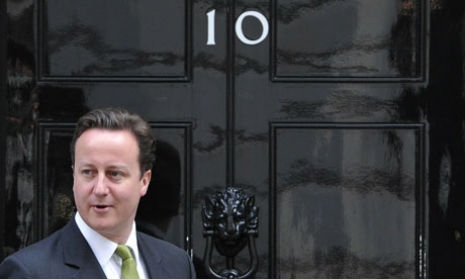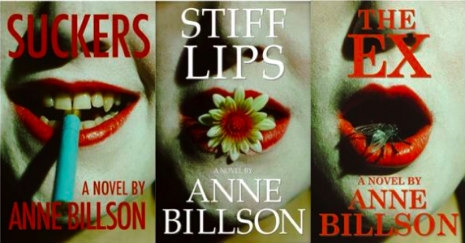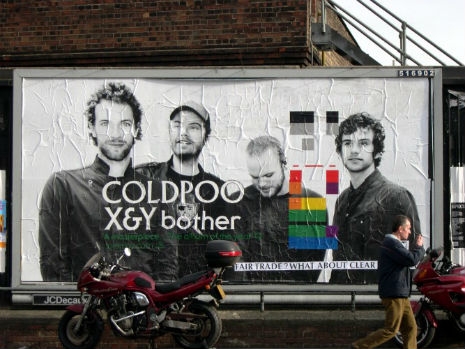
The Mail on Sunday is more than a little coy about a story on its front cover today, which claims:
No.10 rocked by secret love affair: ‘Stunned’ PM holds crisis talks over fears tryst will ‘blow political agenda out of the water’
The paper refuses to give details of this “sensational love affair” for “legal reasons” but says it does not involve anyone serving in Cabinet. But the scandal is “dynamite,” and “If the affair is revealed, it is likely to cause as much public surprise as the disclosure of the relationship between [former Prime Minister] John Major and [politician] Edwina Currie, which was kept secret for nearly two decades until 2002.”
The MOS begins the story as follows:
David Cameron has held crisis talks at Downing Street after being told of allegations of a sensational love affair which has potentially significant political implications for him.
For legal reasons, The Mail on Sunday cannot disclose the identities of the people involved or any details of the relationship – even its duration – other than that they are middle-aged figures. The affair has now concluded.
But this newspaper can report that when aides told Mr Cameron the identities of the alleged lovers he was ‘stunned’, and, according to sources, ‘immediately realised the importance of the story’.
The Prime Minister and his aides also discussed the possible fallout should details of the affair become public – and how such disclosure could ‘blow out of the water’ any major political set pieces planned by No 10.
One senior source told this newspaper last night: ‘This revelation is dynamite. None of us could believe it when we first heard it. Then we just thought, “What a complete mess”.’
The source added that, apart from the political implications, the revelation had caused ‘great personal distress to innocent parties’.
It is understood that the Prime Minister was told of the relationship - which does not involve anyone serving in the Cabinet - within the past few weeks.
The whole story suggests more than it offers, and as many of the “Conservative faithful” want rid of David Cameron, it would appear the Mail on Sunday may have the whiff of something which may expedite this sooner rather than later.
At 16.00 BST, there has been no coverage of this story on any of the UK television news networks—BBC, ITV and Sky News.
Only the Daily Telegraph and the Guardian have given the story any coverage.
The Telegraph, contradicts one of MOS assertions, by quoting a government spokesperson who declares:
“There have been no crisis talks or meetings.”
As a topical aside, the Telegraph ran a story, a few years back, about a survey on who would have an affair with a Downing Street politician.
Meanwhile, Roy Greenslade in his Guardian blog, is at a loss to explain the who, what, when, where, why, of the story, and can only conclude:
Of course, it could be nothing more than journalistic hype, but I somehow doubt that. It’s not in the nature of the MoS editor, Geordie Greig.
So what’s it all about? What “legal reasons” prevent us from knowing more? Is there an injunction in place, an anonymised injunction possibly?
I have asked and, as yet, no answers. I would guess that the MoS’s lawyers have advised those in the know to say no more.
Whatever the nature of this “sensational” story, it would appear that it is one, which will run and run—until the “truth” is out, and the political agenda behind the headlines has been done.
Read the whole MOS story here.
Another tale of interest, is this one regarding a past 10 Downing Street scandal involving 2 non cabinet members, which led to calls for resignation.









